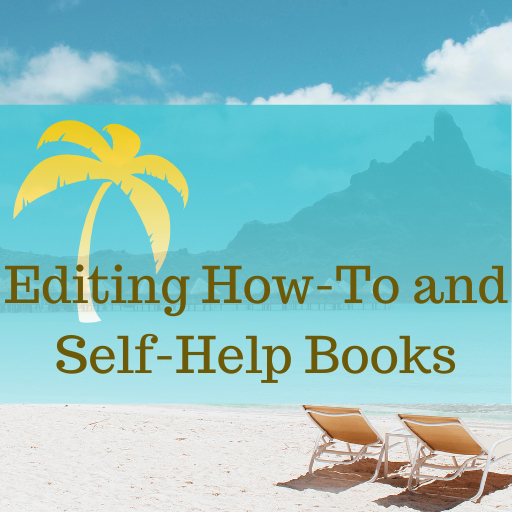How do I get my first editing client?
Recently, someone asked me a “How do I get my first client?” question, which is one of those questions that can take three hundred pages to answer.
But I did want to provide an overview answer to this question. First, I want to distinguish between a beginning editor who has no idea what they’re doing and needs to learn and a beginning editor who knows what they’re doing but doesn’t have a lot in the way of credentials.
If you’re interested in becoming a developmental editor but you’ve never taken a class or done a beta read or a critique, then you don’t know what you’re doing and shouldn’t be taking on clients until you do know what you’re doing.
Developmental editing is not an entry-level position.
If you’ve taken some classes and done some beta reading and critiquing and have gotten feedback that suggests you can offer thoughtful guidance to authors, then you’re in a position to find your first paying client.
Sometimes you can barter, like trading editing for website development or anything like that. The idea is to train yourself to see your skills as valuable and not something to just give away. For my first “real” freelance project, I traded some writing and editing for a year’s membership at a gym. Then I had a testimonial and a credential that I used to get other work.
I’m typically not a fan of Fiver or Upwork or other job-bidding sites, but they can be a place to get started and to get some solid testimonials to start building a better-paying clientele. The problem is people stay too long with sites like this. Do a couple of projects, get some testimonials, and move on.
More specifically:
- Identify the types of authors you’d like to work with and the genres you’d like to edit in – for example, newer authors who are writing romances they’re trying to sell to traditional publishers. Then figure out where such authors are likely to hang out. An academic author who wants to revise their dissertation for publication hangs out somewhere else. Put yourself in their shoes: “I’m a romance writer trying to be traditionally published. Where do I start?” Google is your friend! Once you know where they are, join them there.
- Spread the word among friends and colleagues. Don’t be shy about letting people in your network know what you’re doing now and asking for referrals.
- Join a professional association or two. Club Ed has one; the Editorial Freelancers Association is a good one; there are others.
- Attend writers’ and editors’ workshops, conferences, webinars. Networking is always the best way to find people who need your help and colleagues who can refer projects to you.
- Put yourself out there. Make sure you have a website or other landing page where people can find out more about you. Share your expertise in blog posts, on LinkedIn, etc. People won’t find you if they don’t know you exist.
Join the Club!
New to story editing? Begin at the beginning.





